Knowledge Library
Here you will find a growing universe of knowledge on Universal Design, social sustainability and accessibility. The Knowledge Library brings together research, articles, reports and cases that all contribute to the understanding of a society designed for everyone — regardless of body, ability or life circumstances.

Research shows how ableist norms shape the Danish flex job programme, thereby both enabling and limiting the participation of people with disabilities in the labour market.
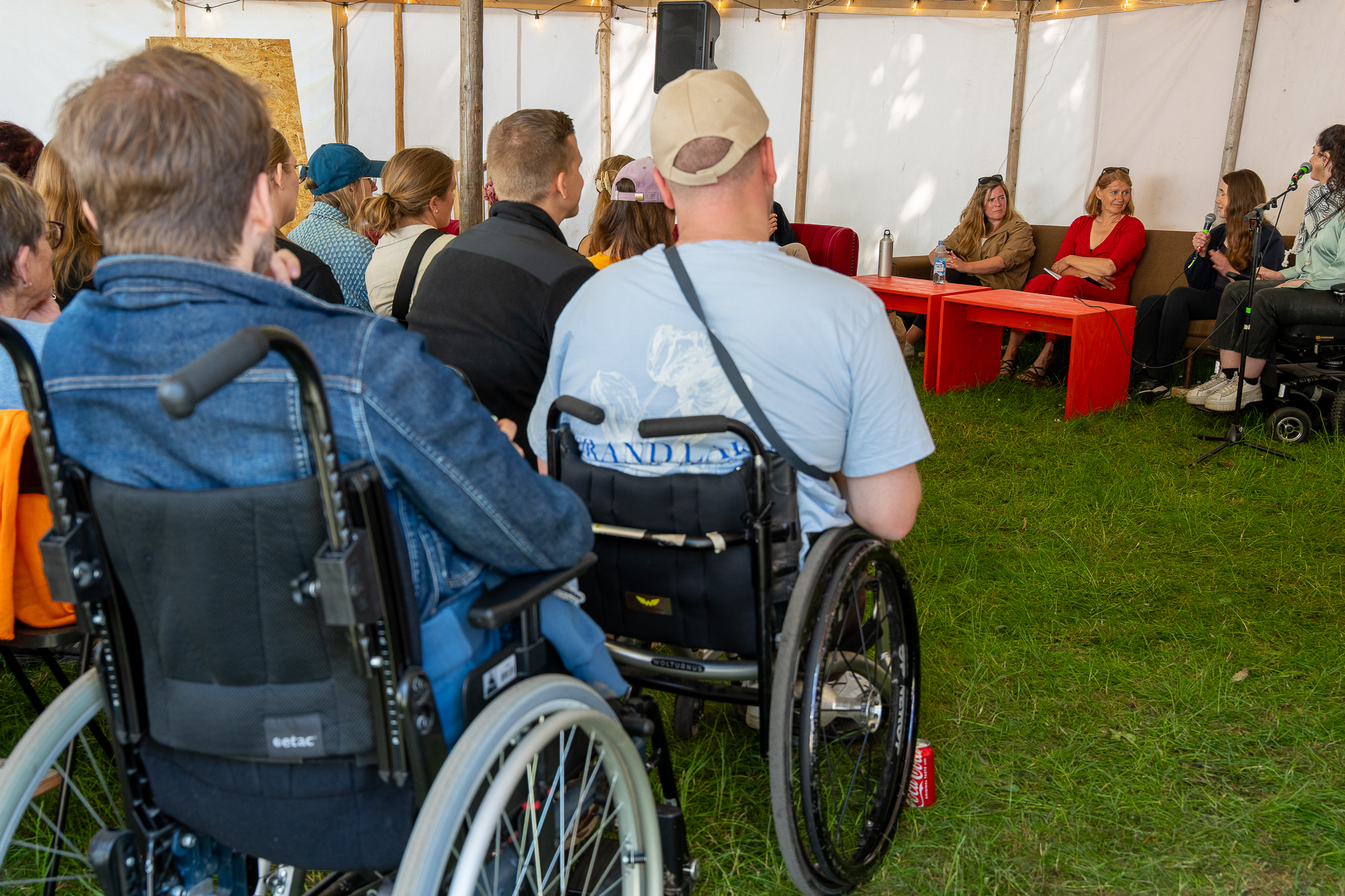
At the People's Meeting (Folkemødet), the Bevica Foundation and the Association of Young People with Disabilities (SUMH) focused on how accessibility and universal design shape who gets a place in the democratic conversation.
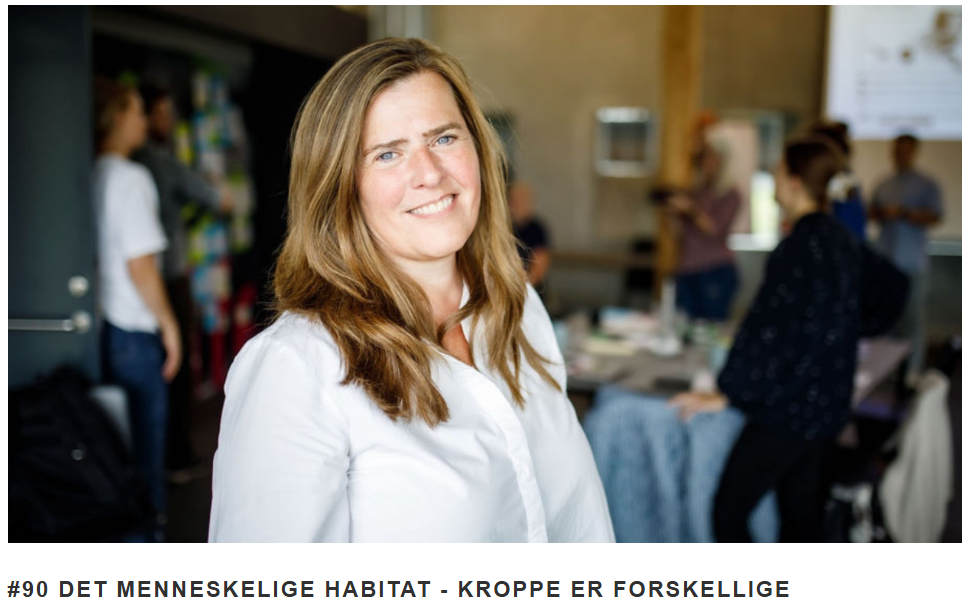
Podcast med Camilla Ryhl om universelt design, arkitekturens sanselighed, og sammenhængen mellem arkitektonisk kvalitet og diversitet i funktionsevne.

FIIBL at SDU offers knowledge, tools and inspiration for the development and implementation of active interventions for children and young people with special needs in school and leisure.
.jpg)
Universal design is not only a concept of the UN Convention on Disability, but a prerequisite for all human rights. Law professor Anna Lawson explains why the rights to education, health and work necessarily require universal design, and points to three crucial levers to ensure real implementation across society.

This lecture explores how combining AI with universal design can foster inclusive technologies. Research cases highlight AI-driven tools that enhance participation and accessibility for people with special needs.
.jpg)
Artificial intelligence is often described as an objective tool, but according to Jutta Treviranus, AI can end up reinforcing the average and pushing diversity to the margins. Bevica Foundation met Treviranus at UD Oslo 2024 and takes a closer look at what universal design can contribute in the intersection between AI, norms, and diversity.

Per-Olof Hedvall forklarer, hvorfor universelt design ikke er et valg, men en samfundsforpligtelse – og hvorfor deltagelse kræver, at vi opsøger forskellighed.
.jpg)
In Partnership with
Technical University of Denmark

In Partnership with
Technical University of Denmark

In Partnership with
The Royal Danish Academy - Architecture, Design, Conservation

In Partnership with
Technical University of Denmark

In Partnership with
AAU Innovation - Aalborg University

In Partnership with
The Danish association of Youth With Disabilities (SUMH)

Three startups from DTU Skylab receive Bevica Seed Grants.

Don't scold the norm criticism. It is common practice in the field of disability.

World Capital of Architecture 2023 Copenhagen

New design lab will ensure everyone's access to nature


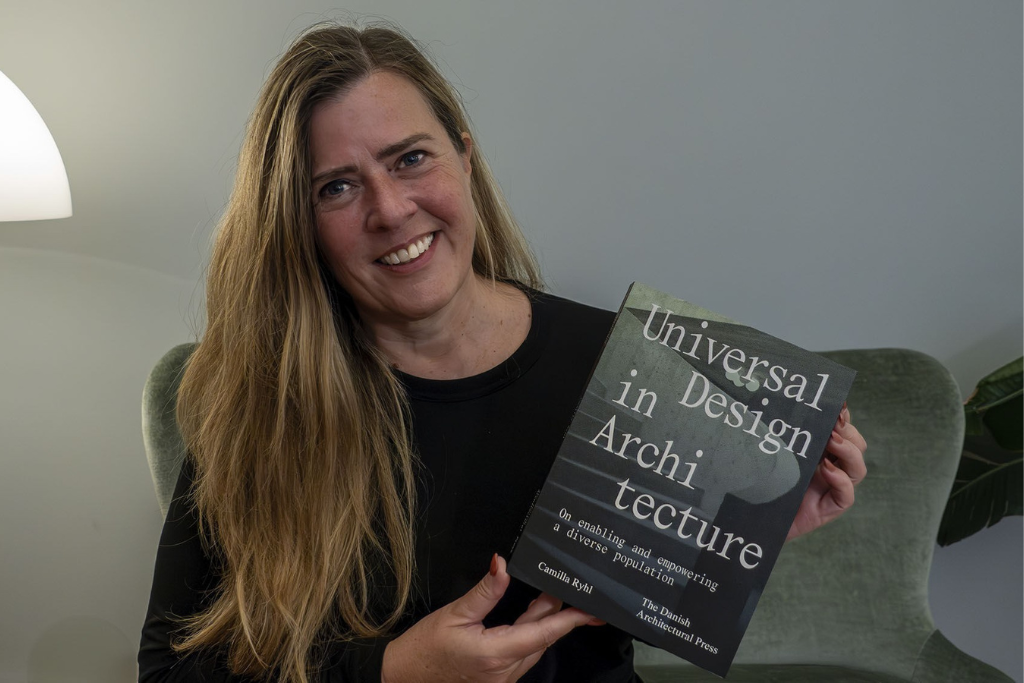

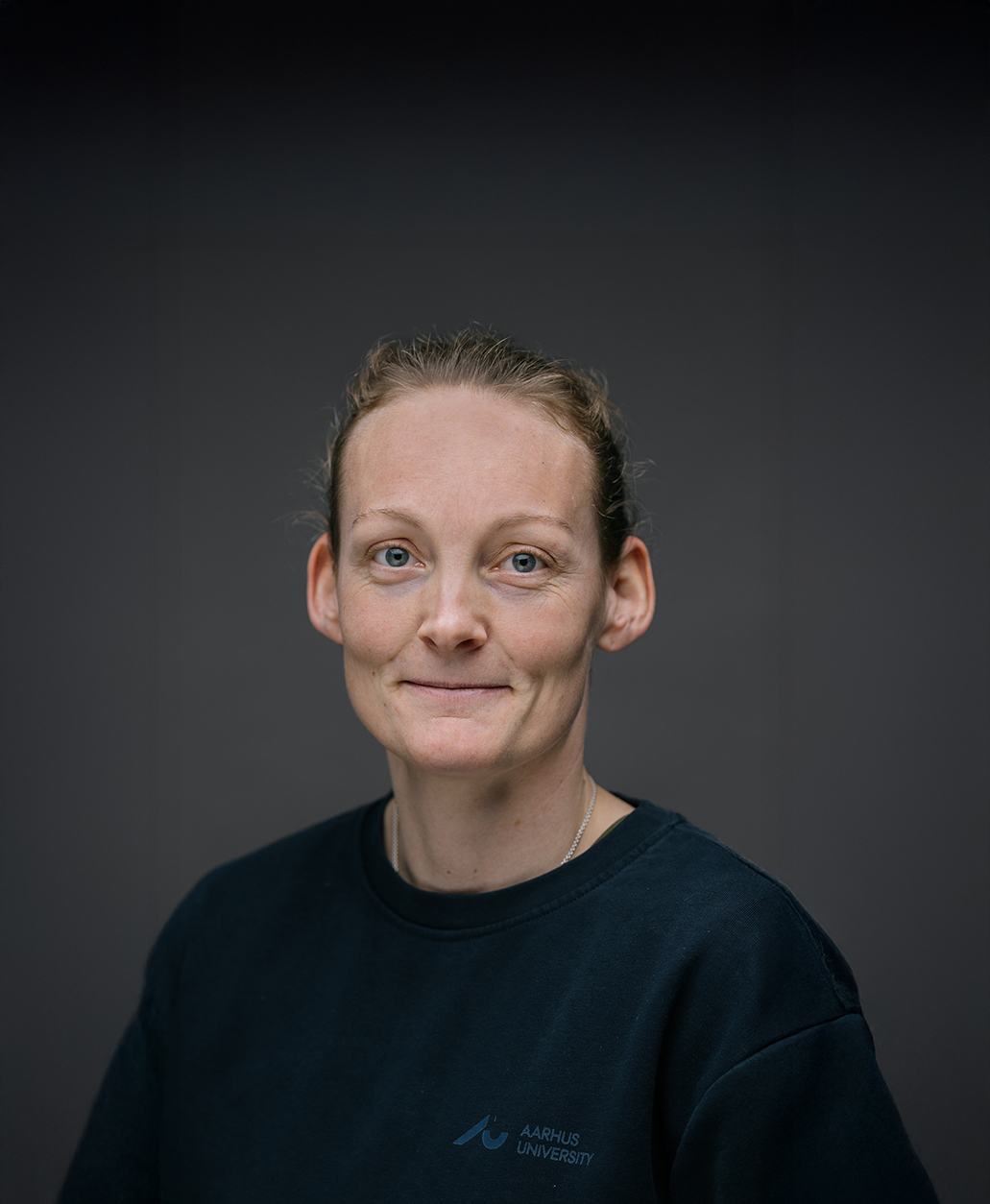
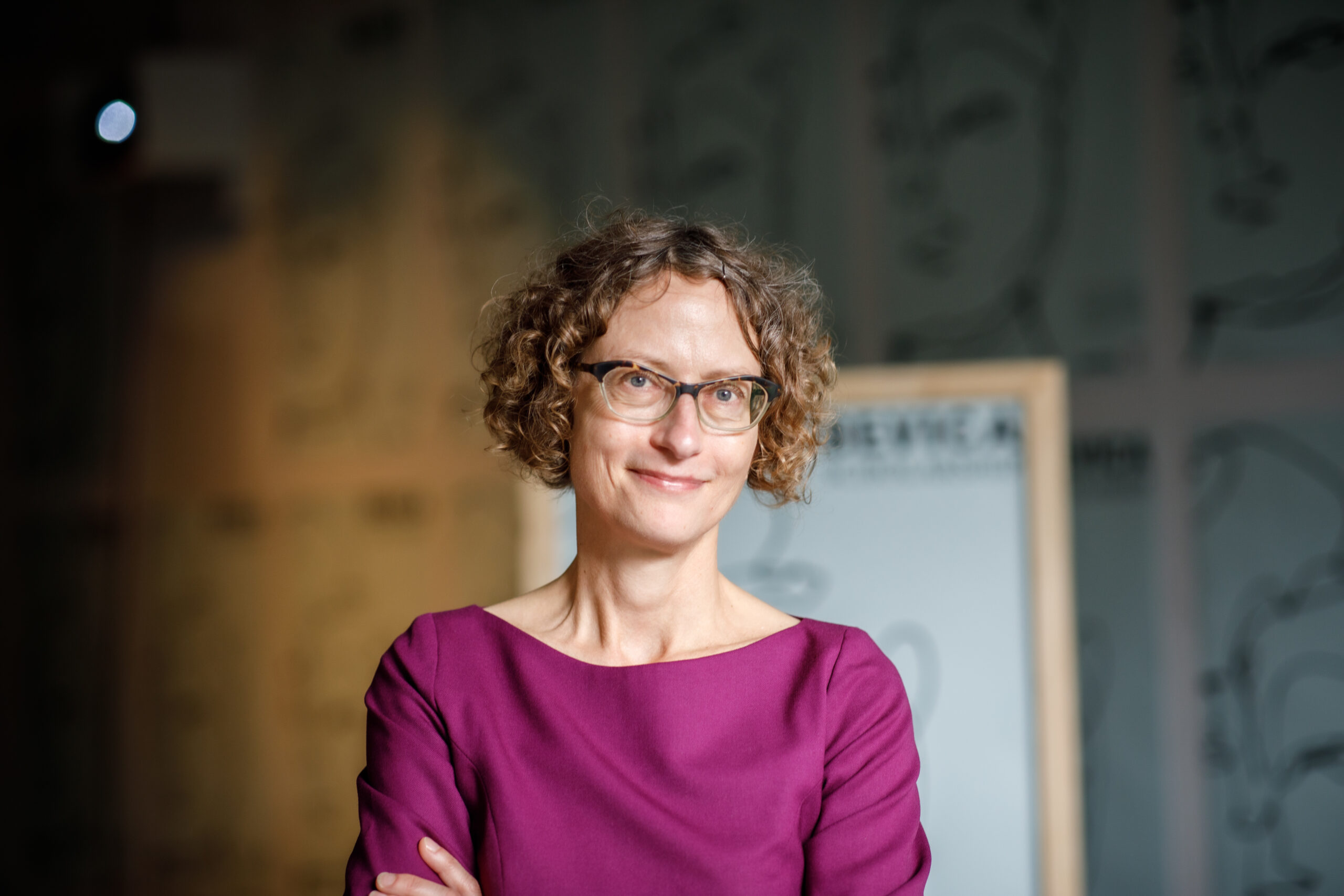






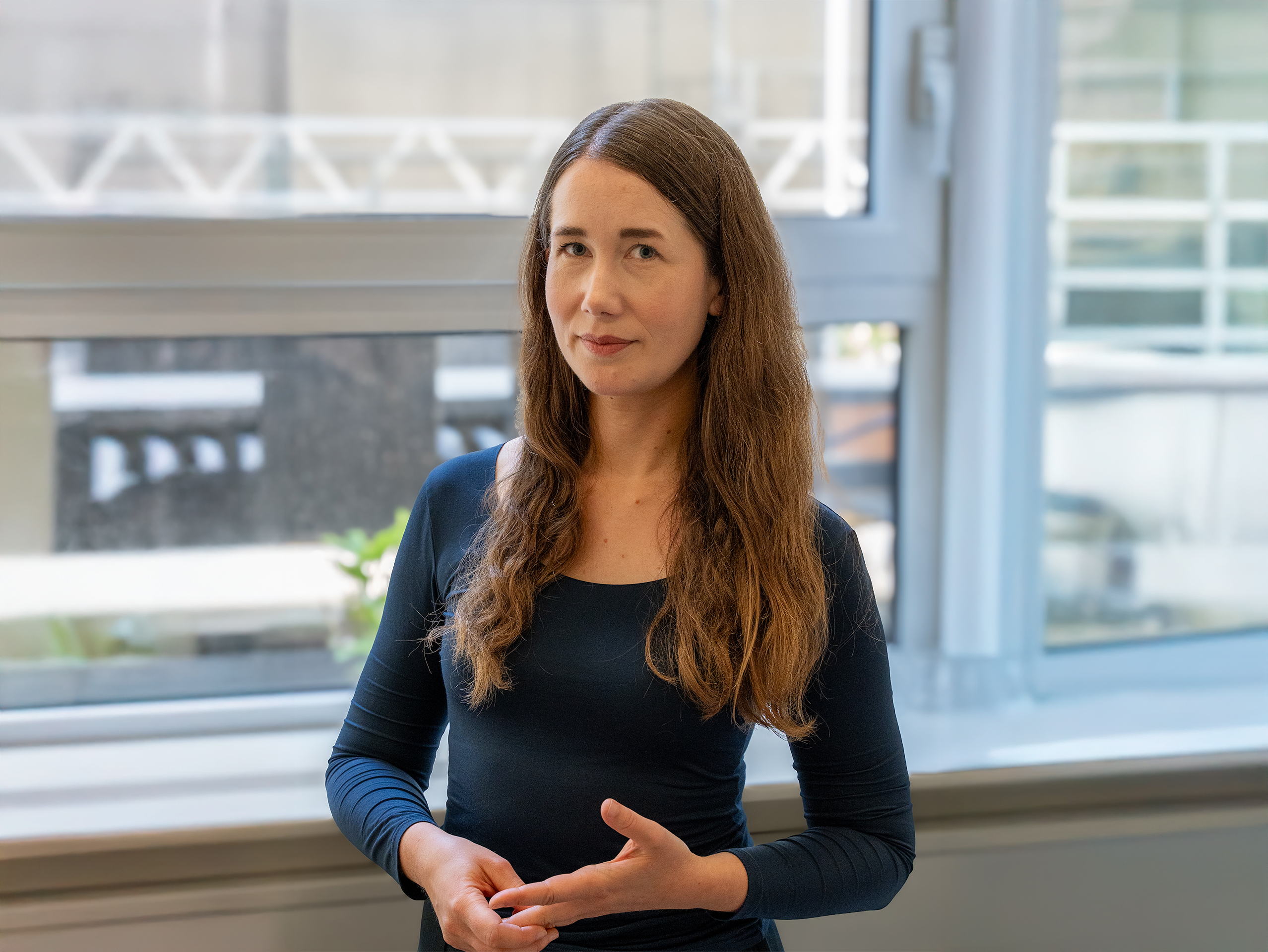
.png)




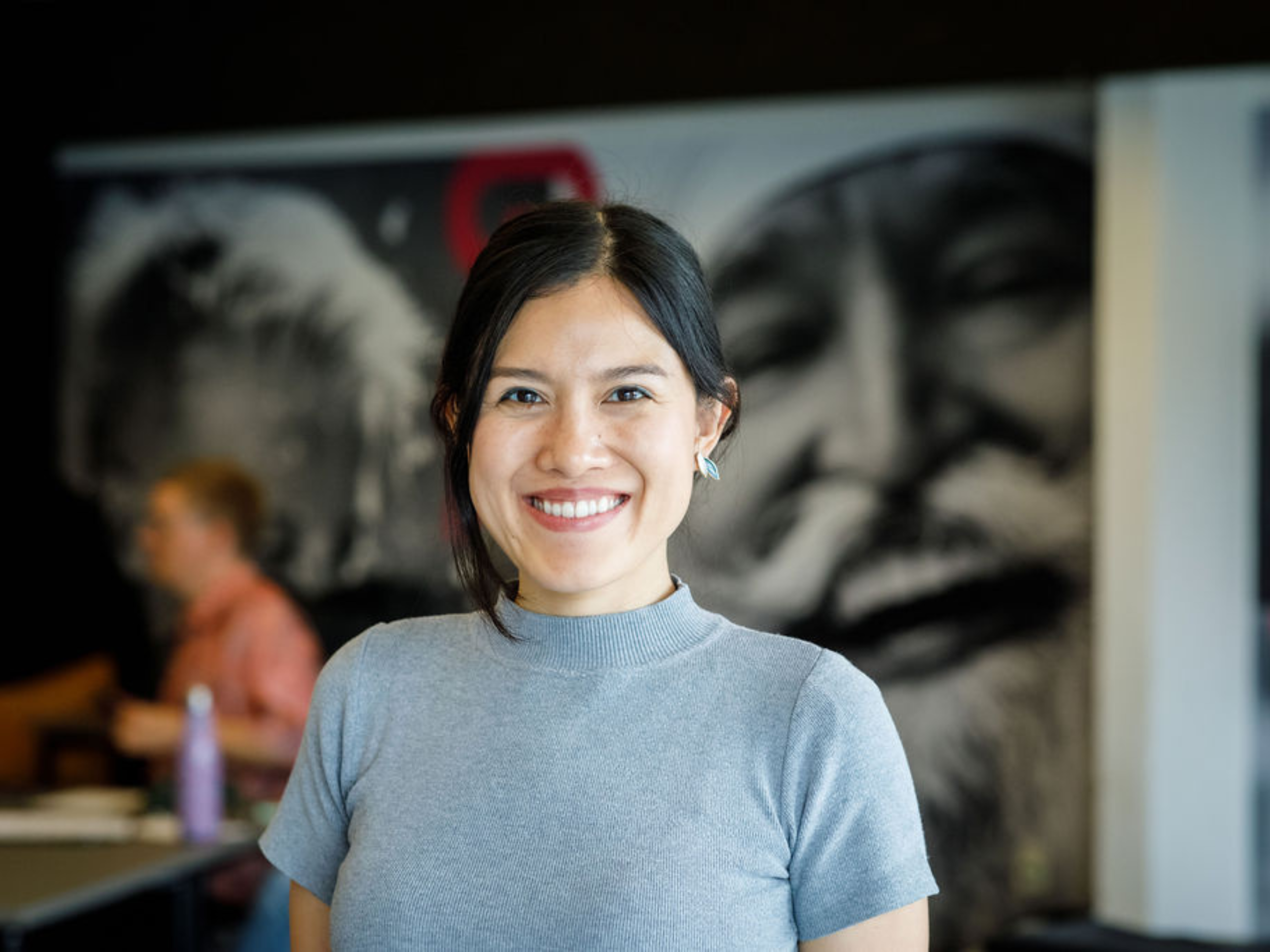
.png)
.png)


.png)

.png)



.png)




.png)







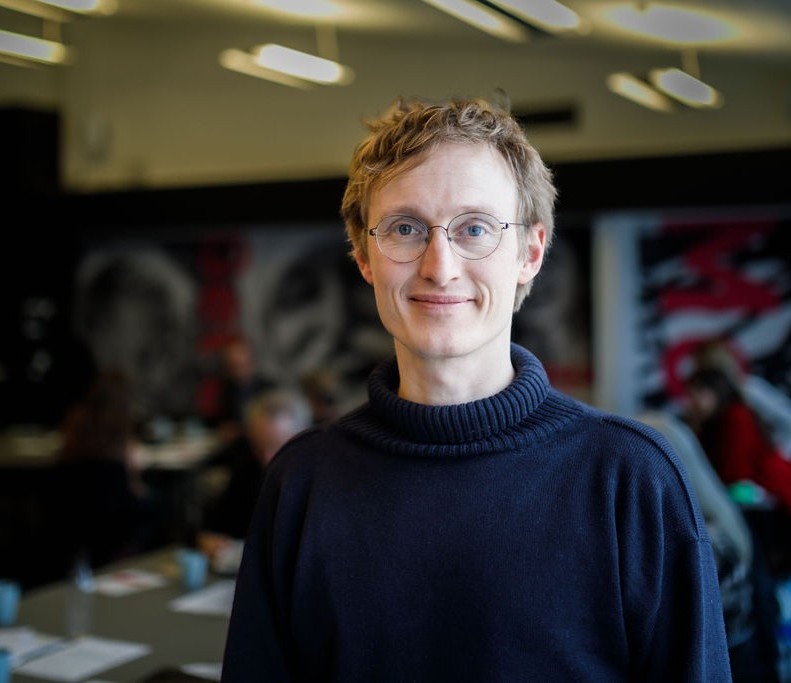
















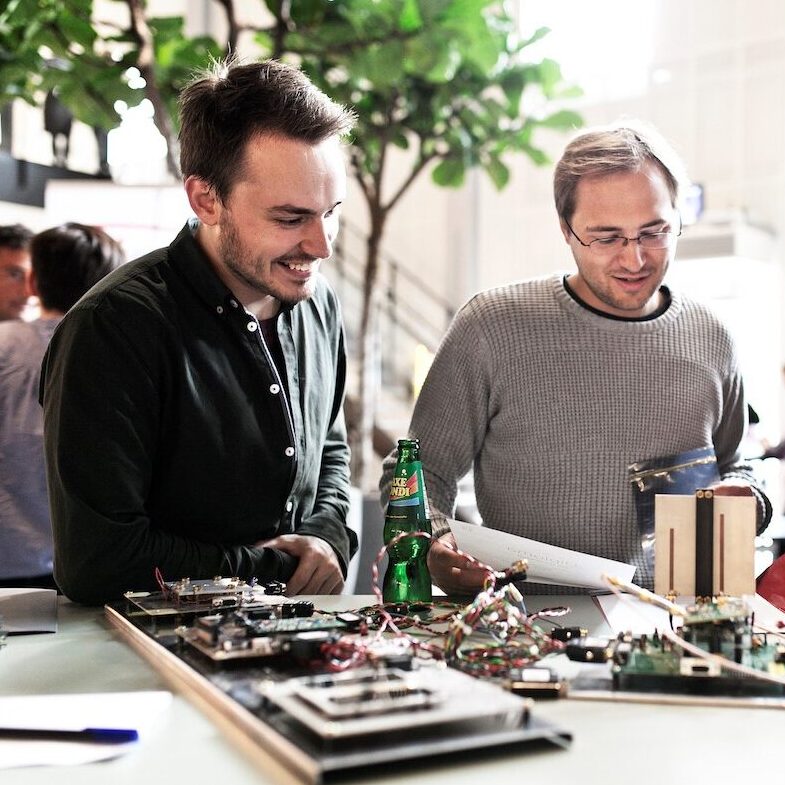



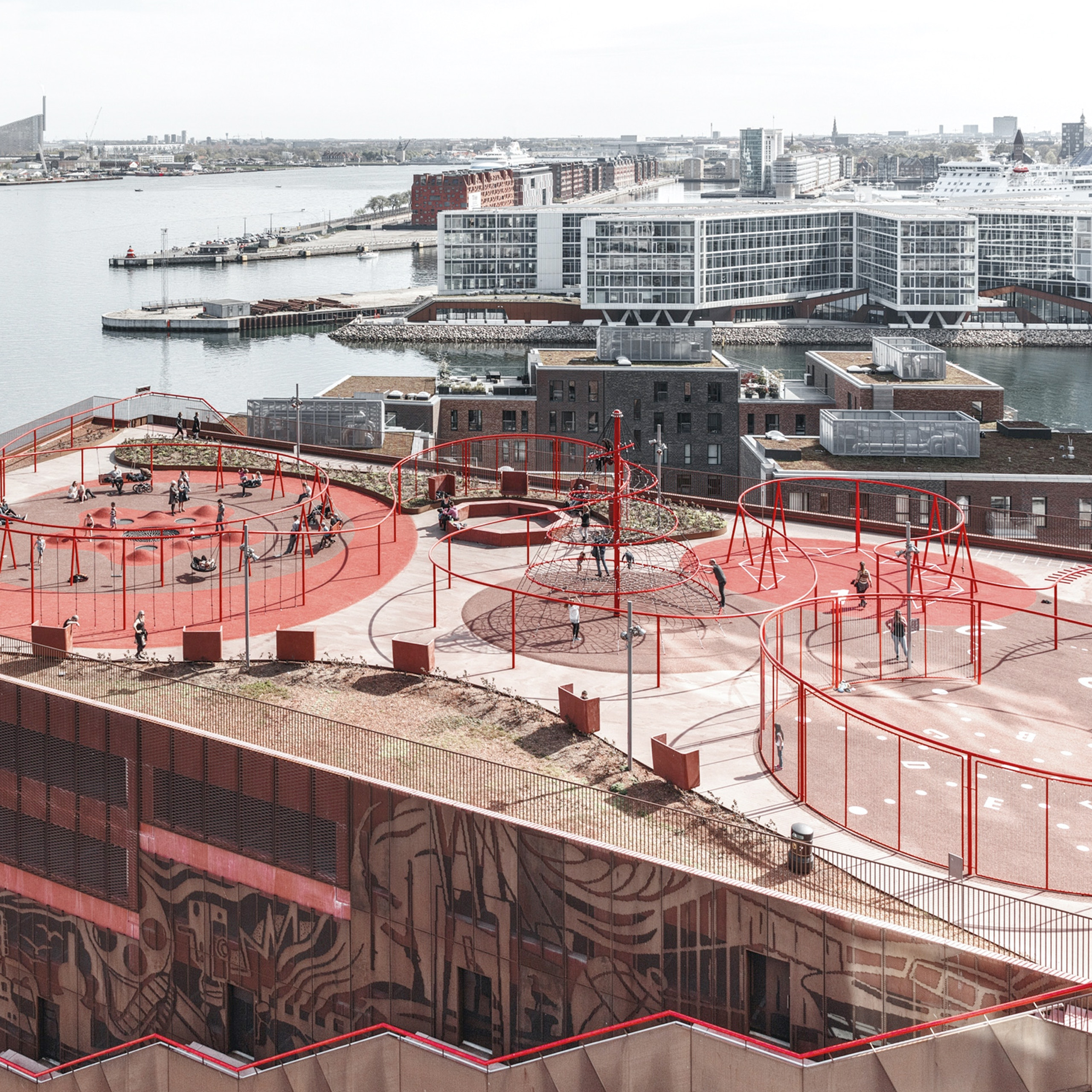
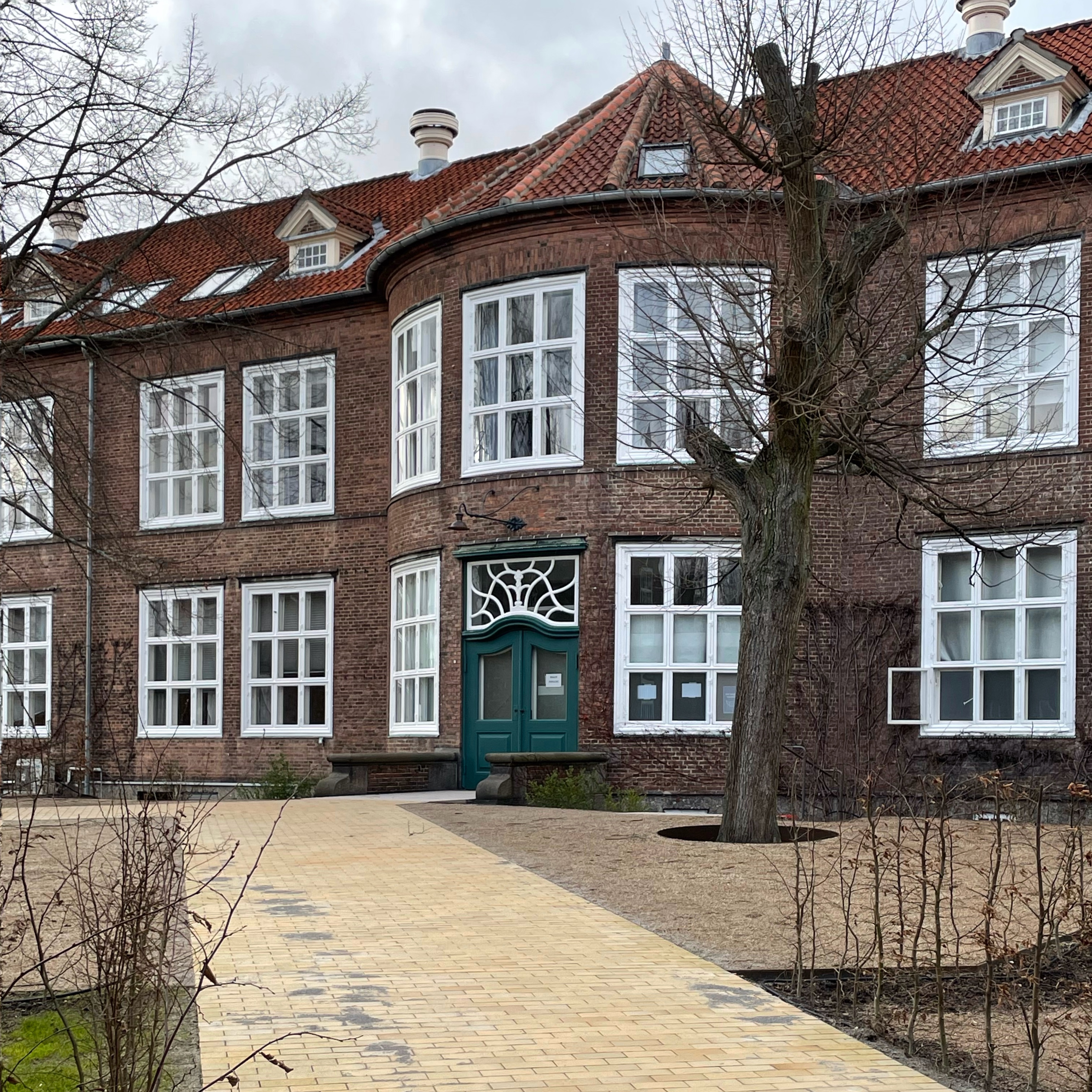
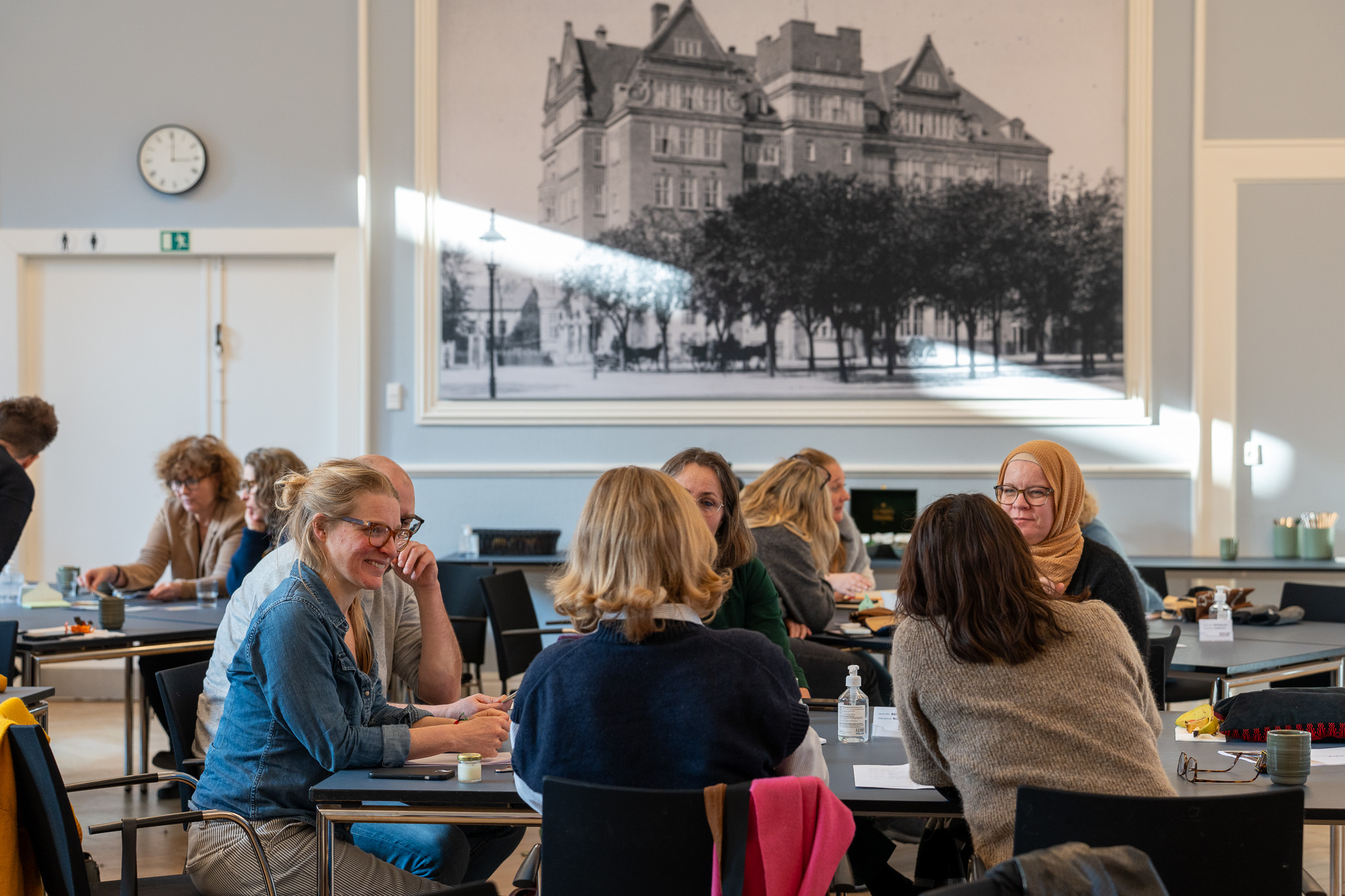
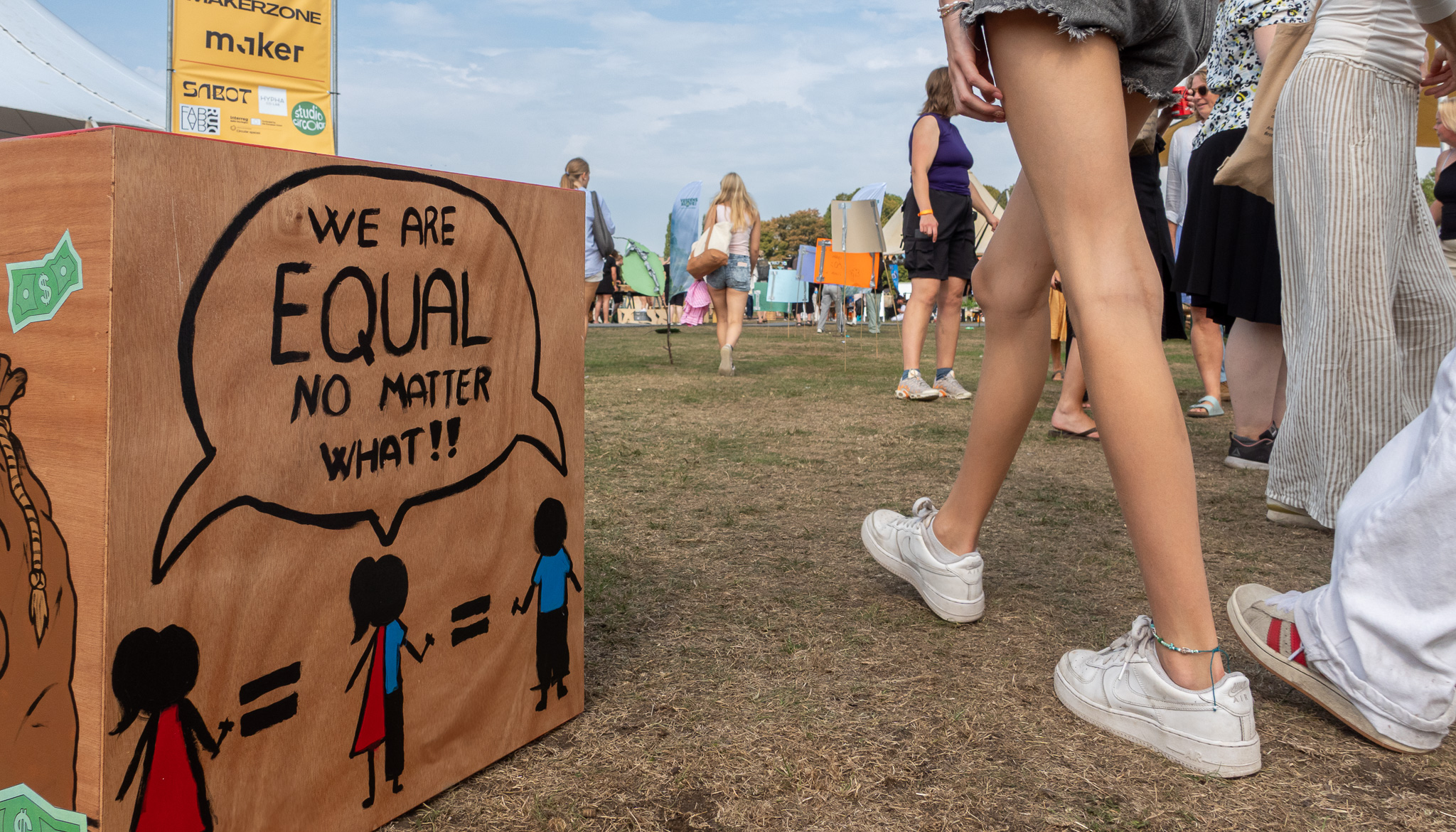
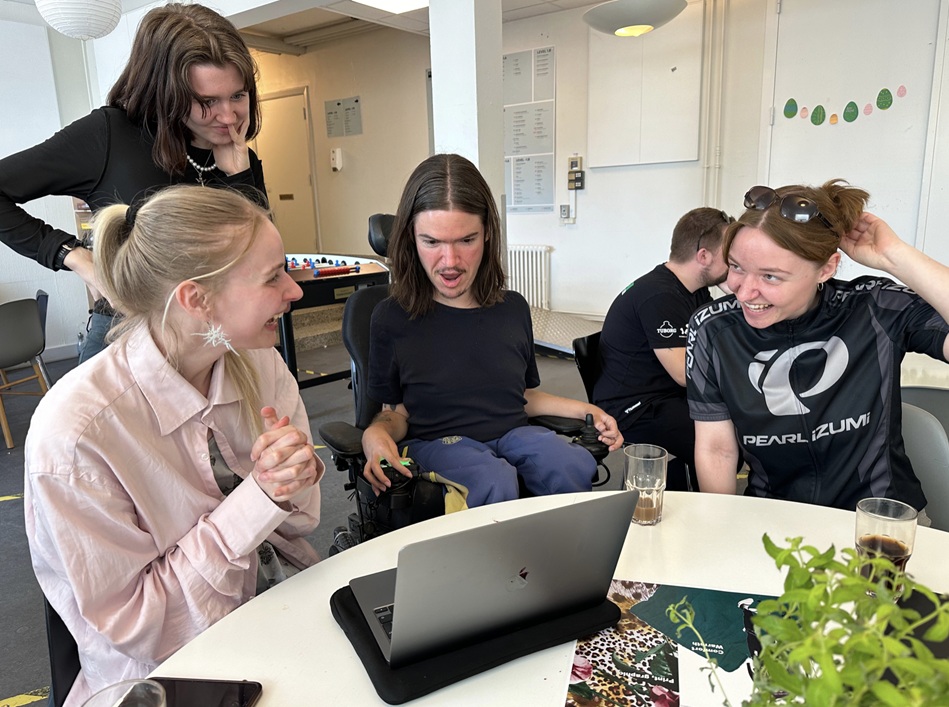




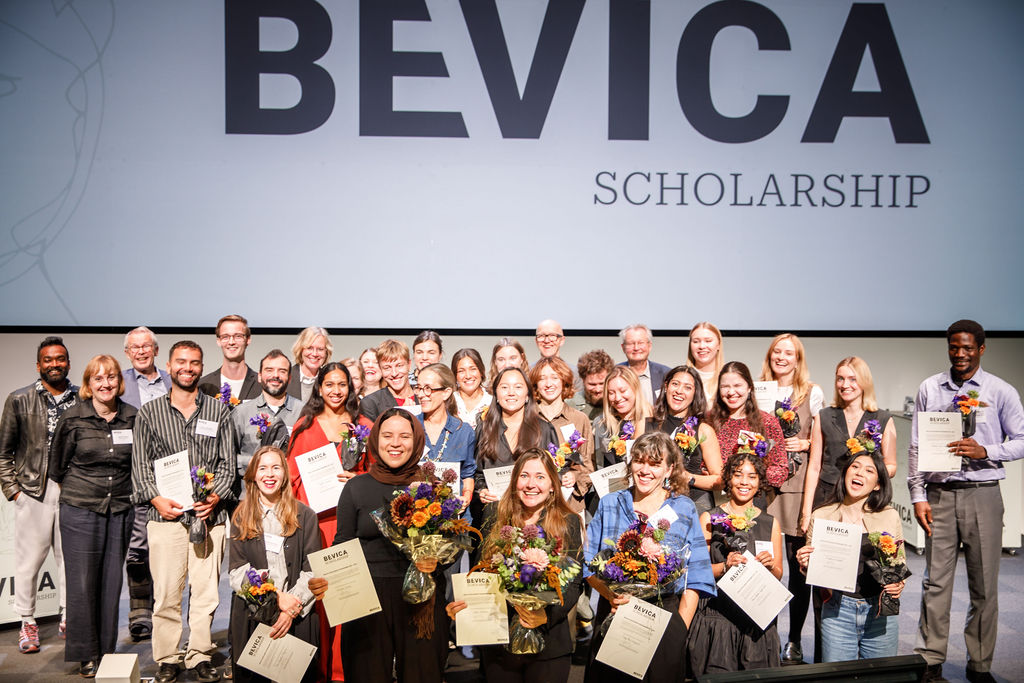
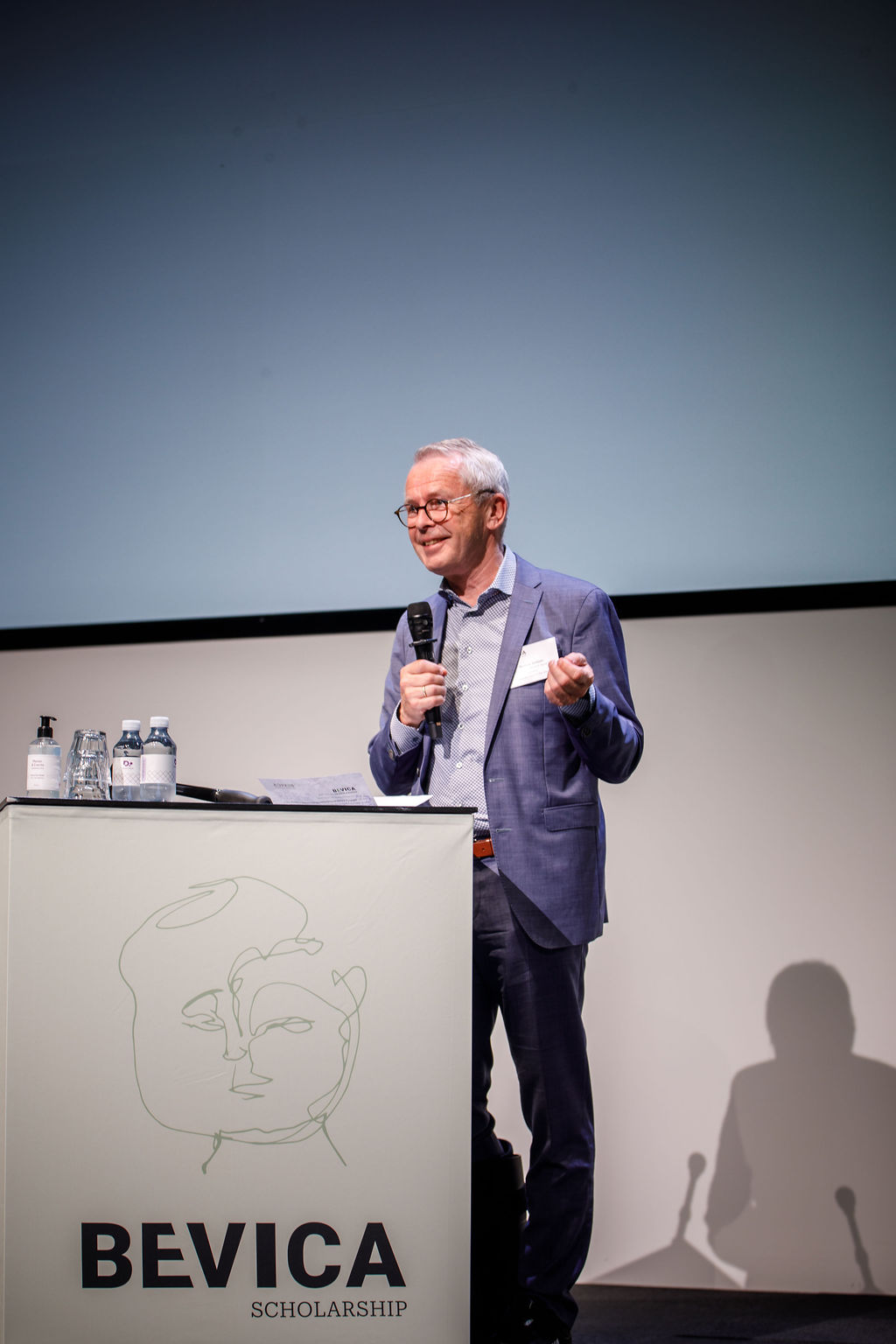


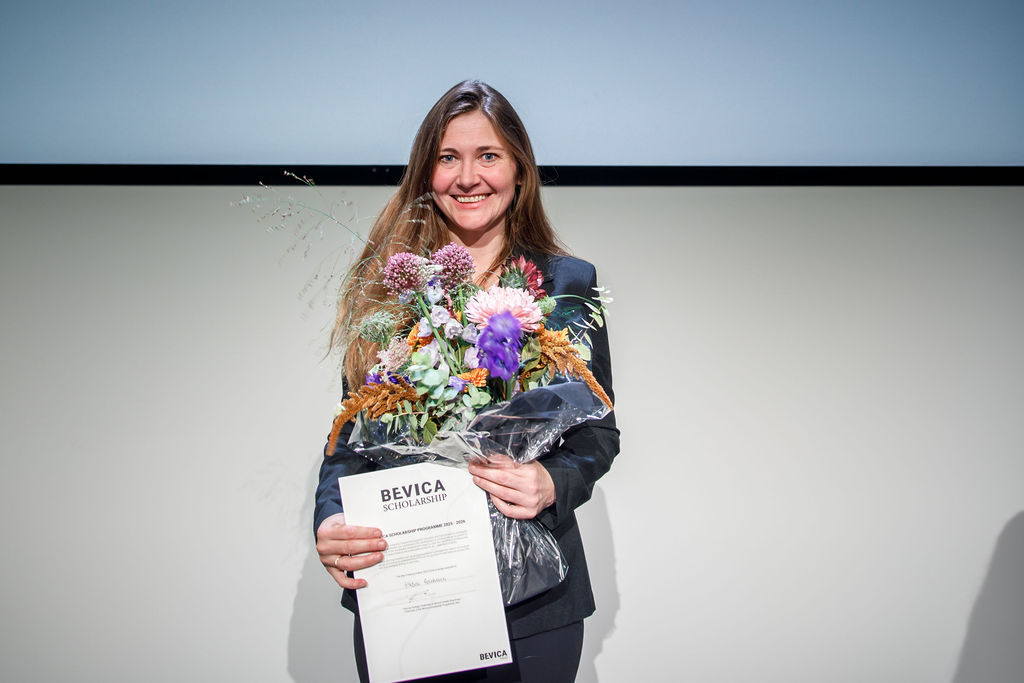
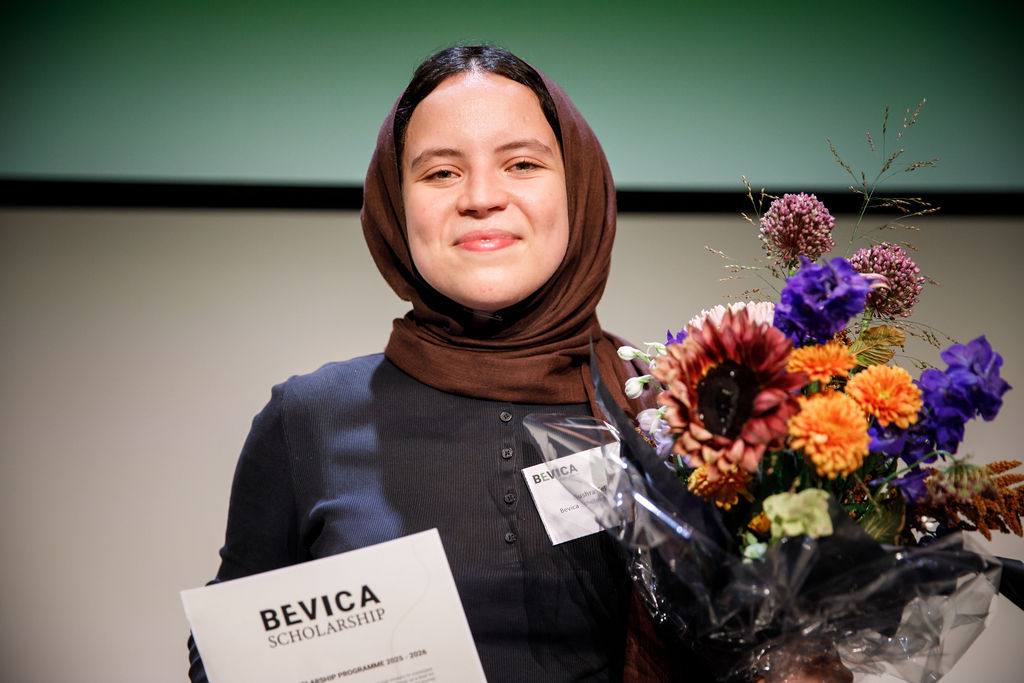

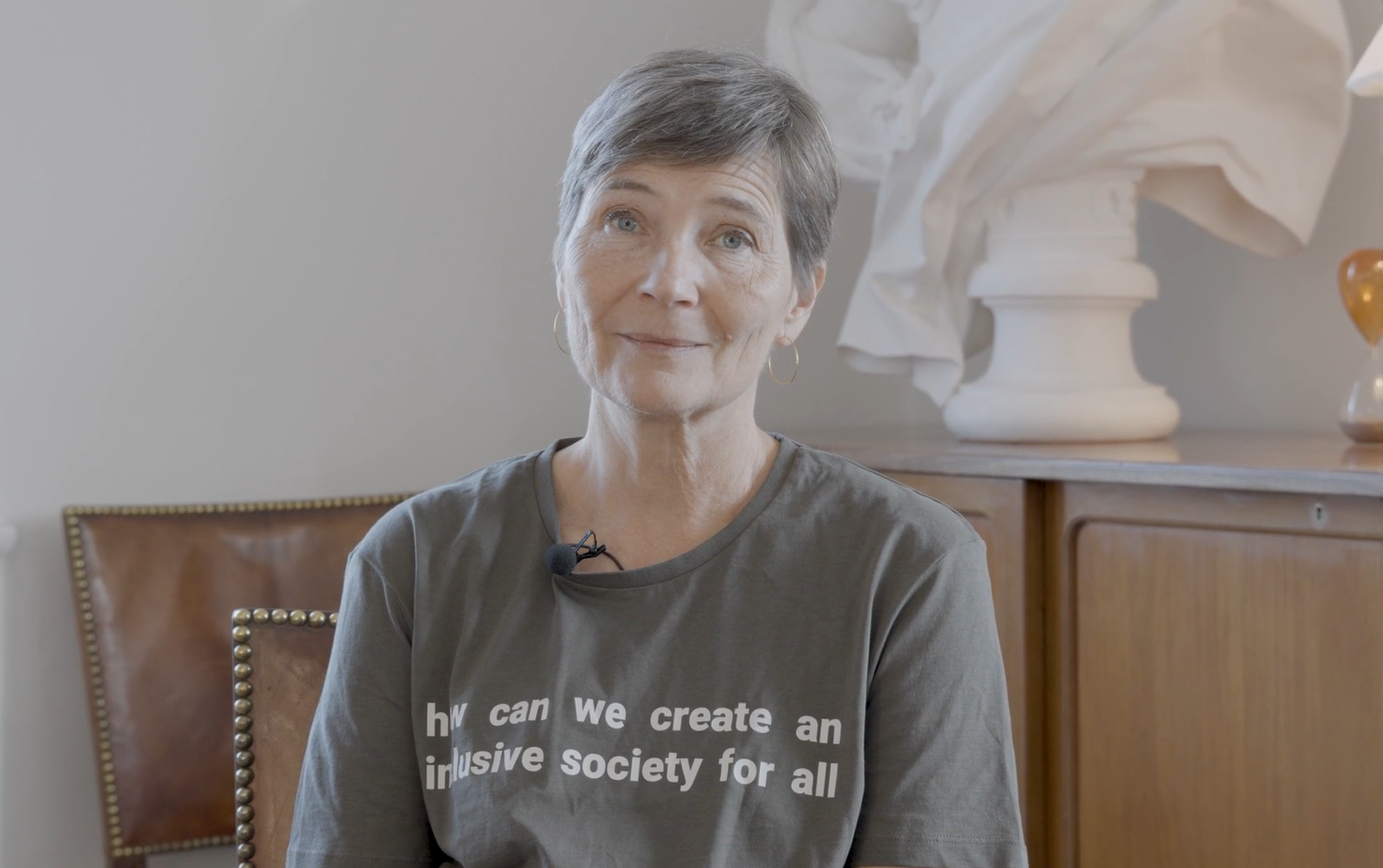
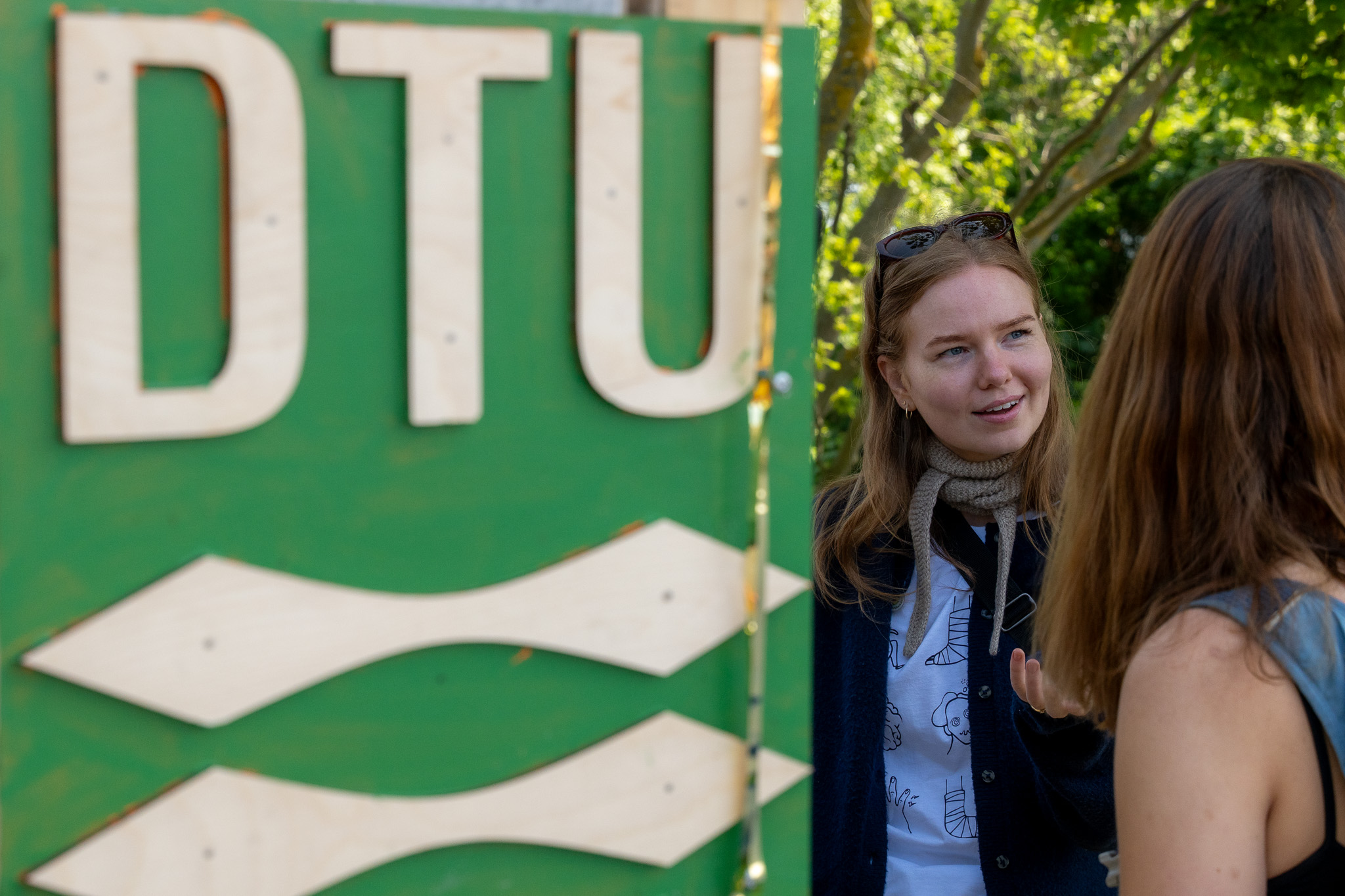



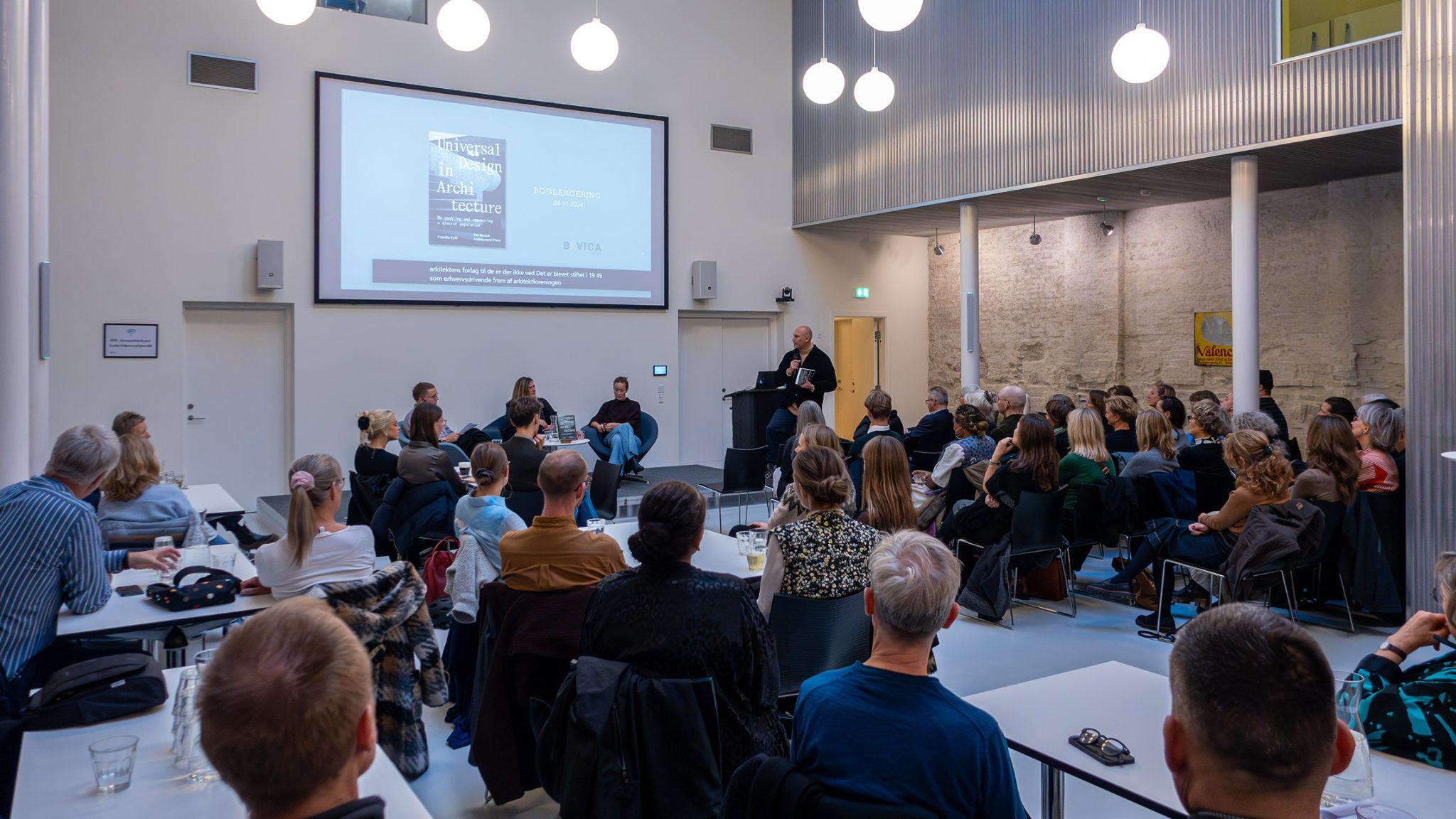






.jpg)




-65.jpeg)



















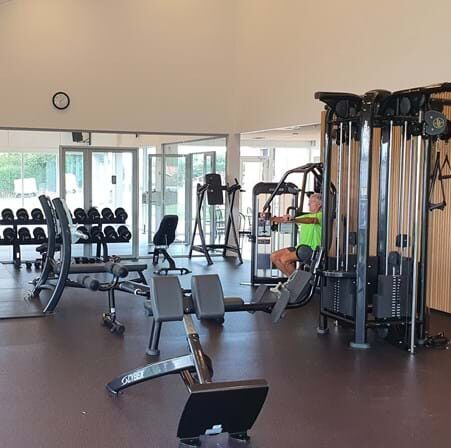














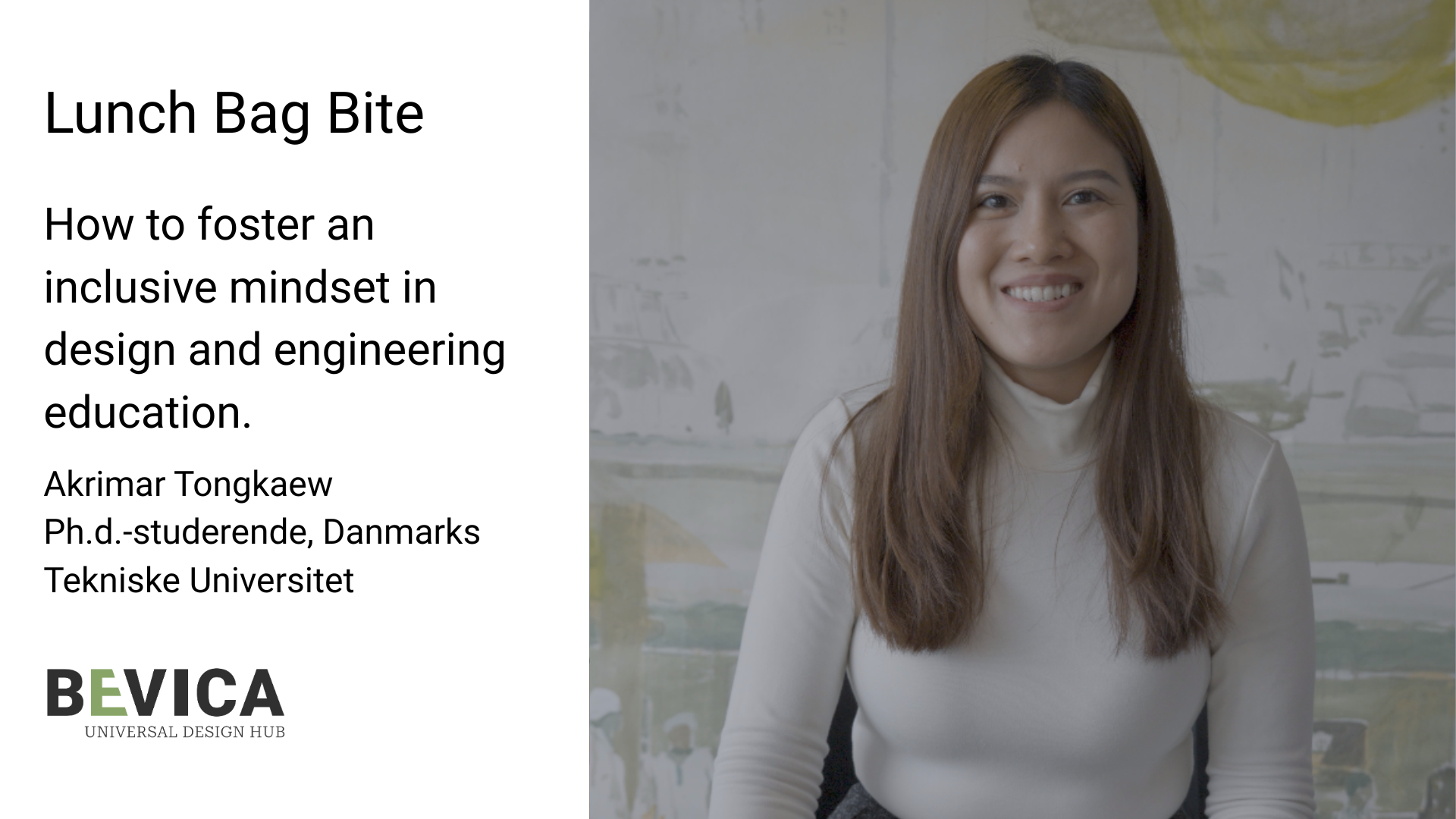
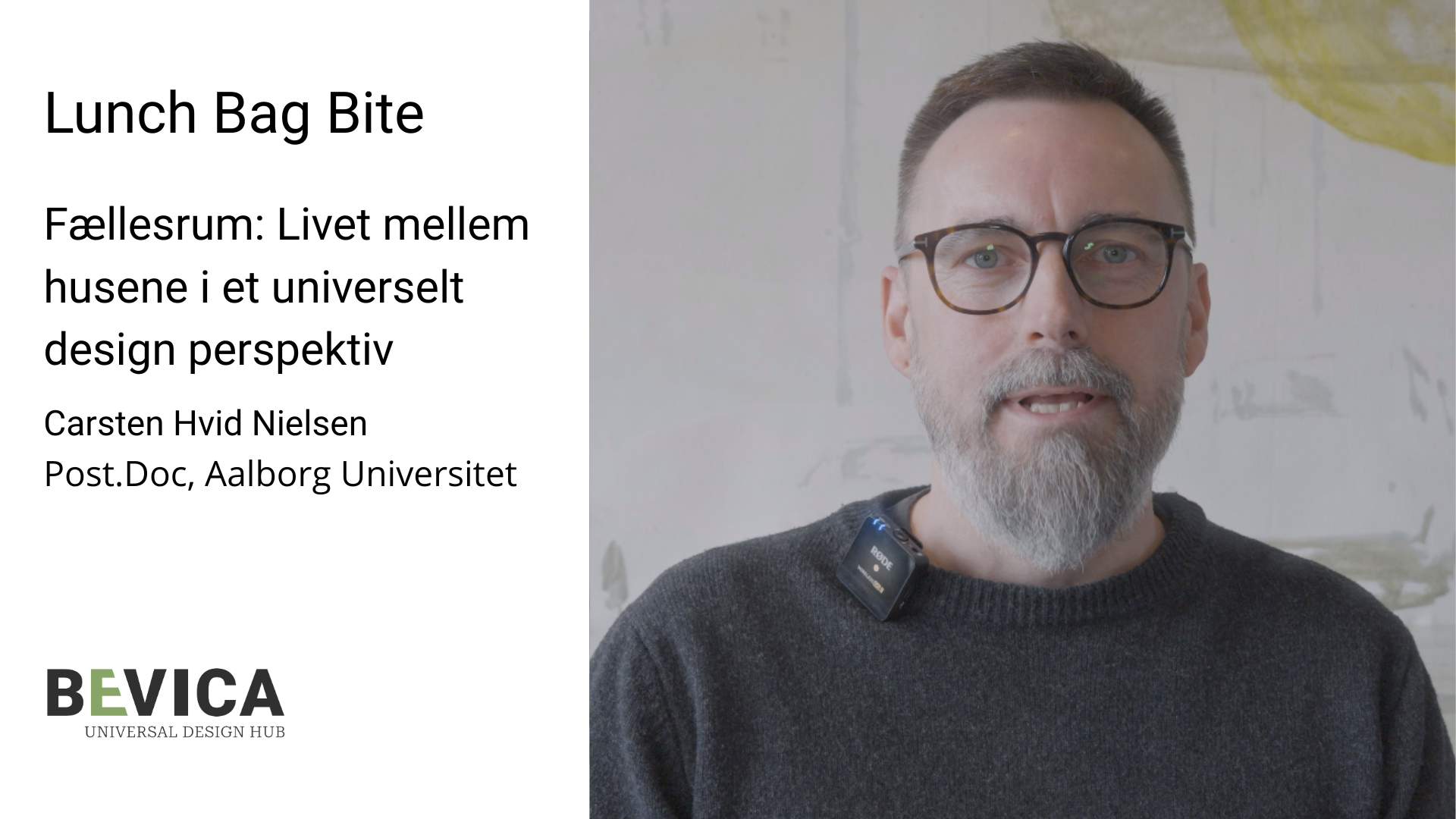

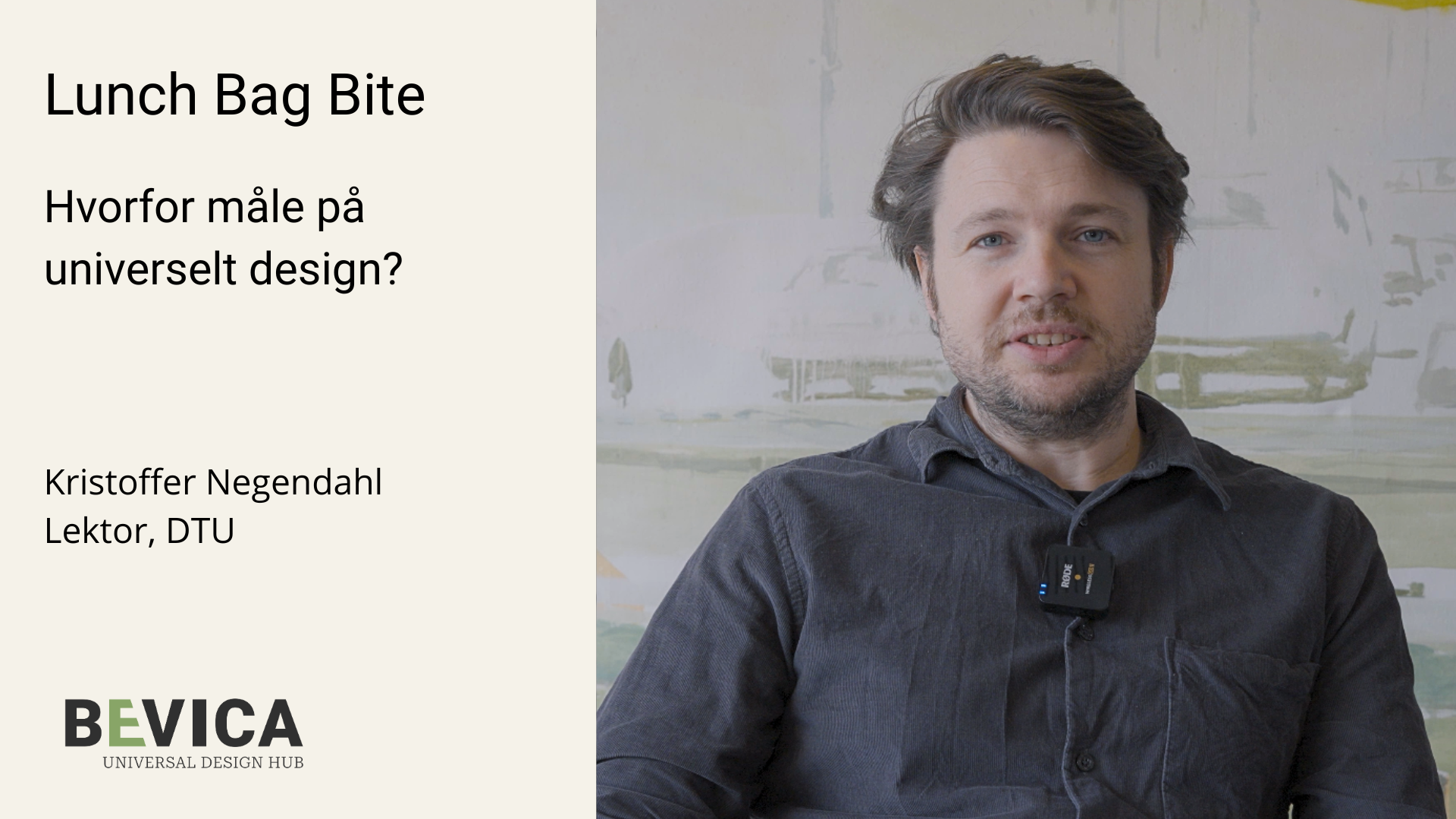
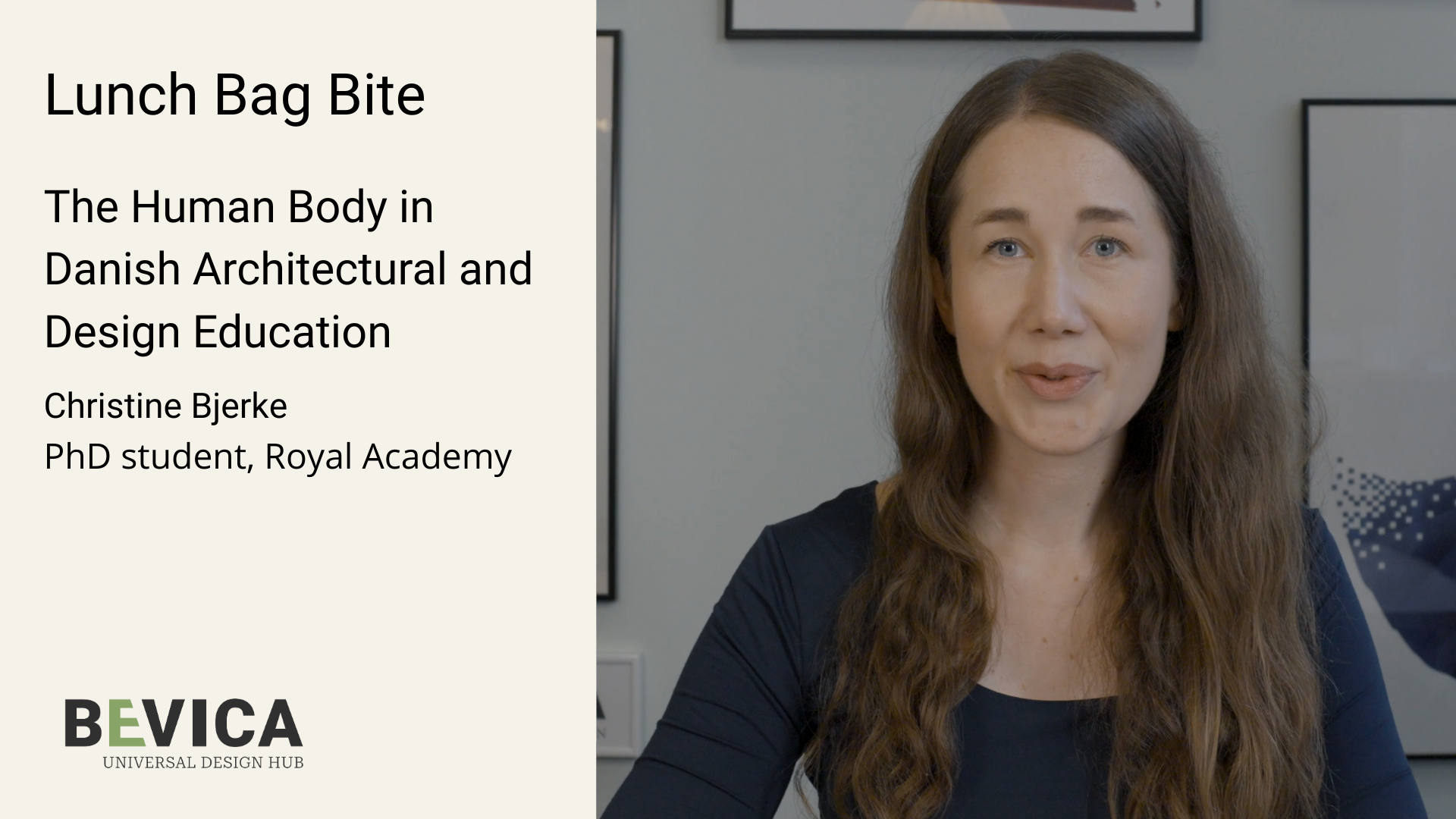
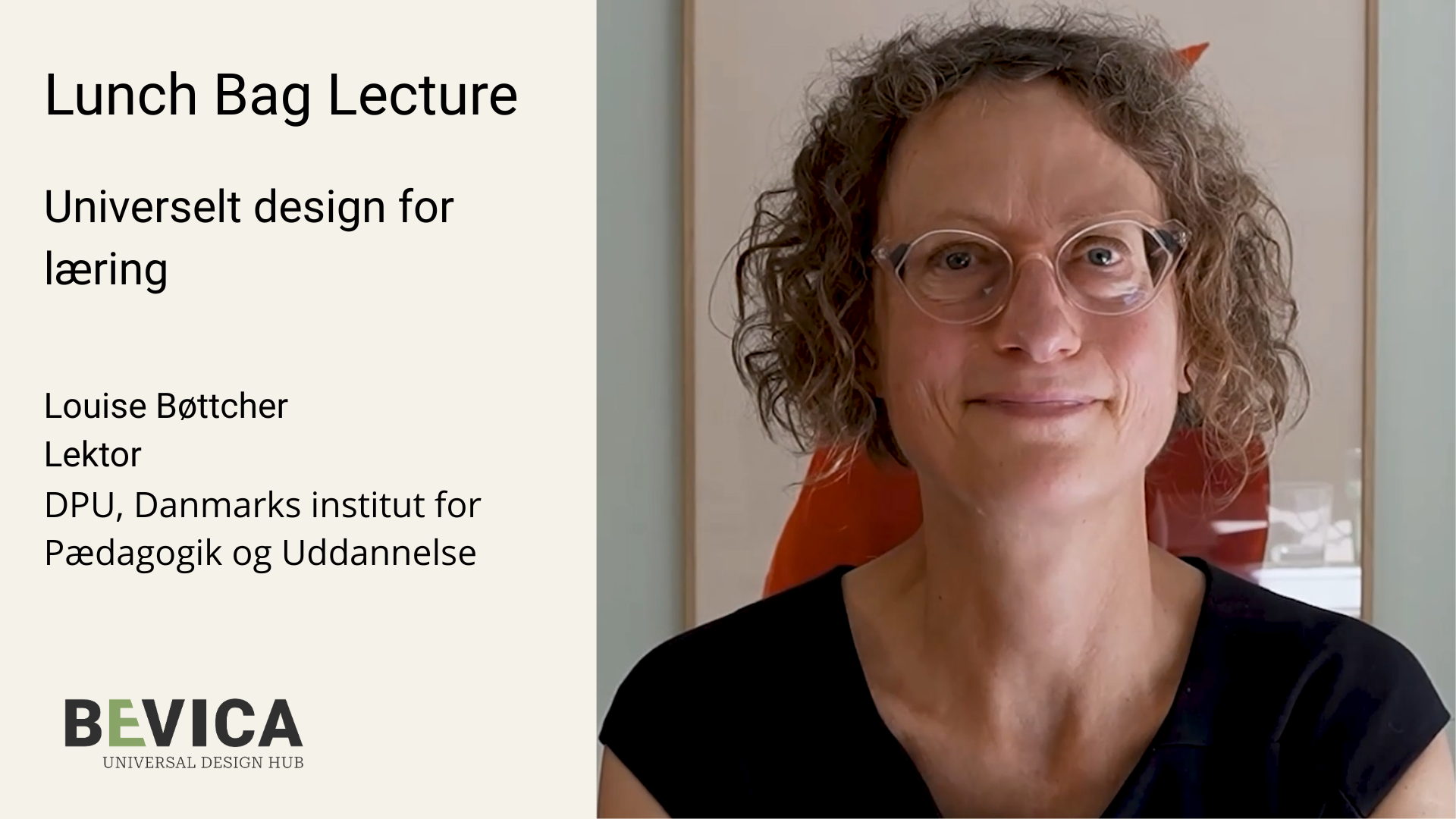














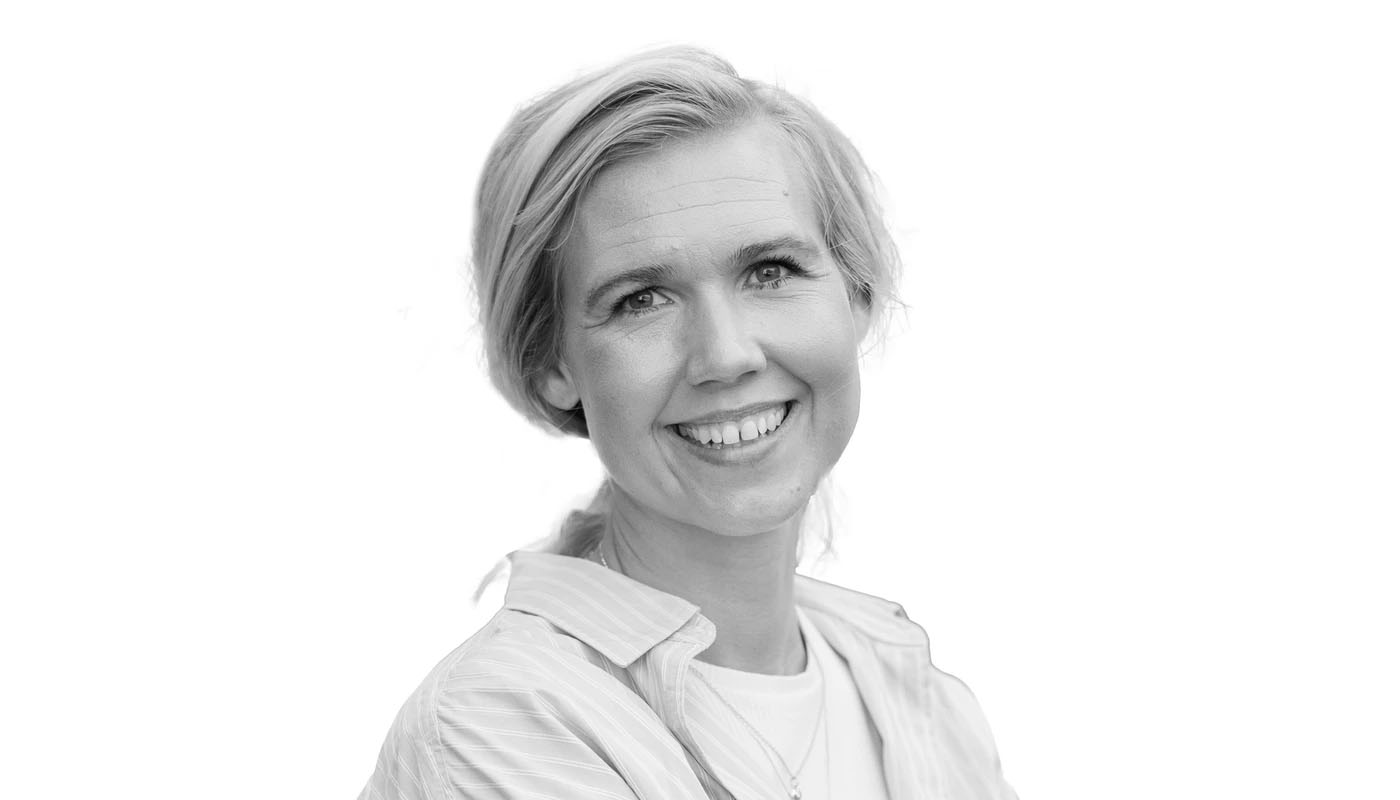
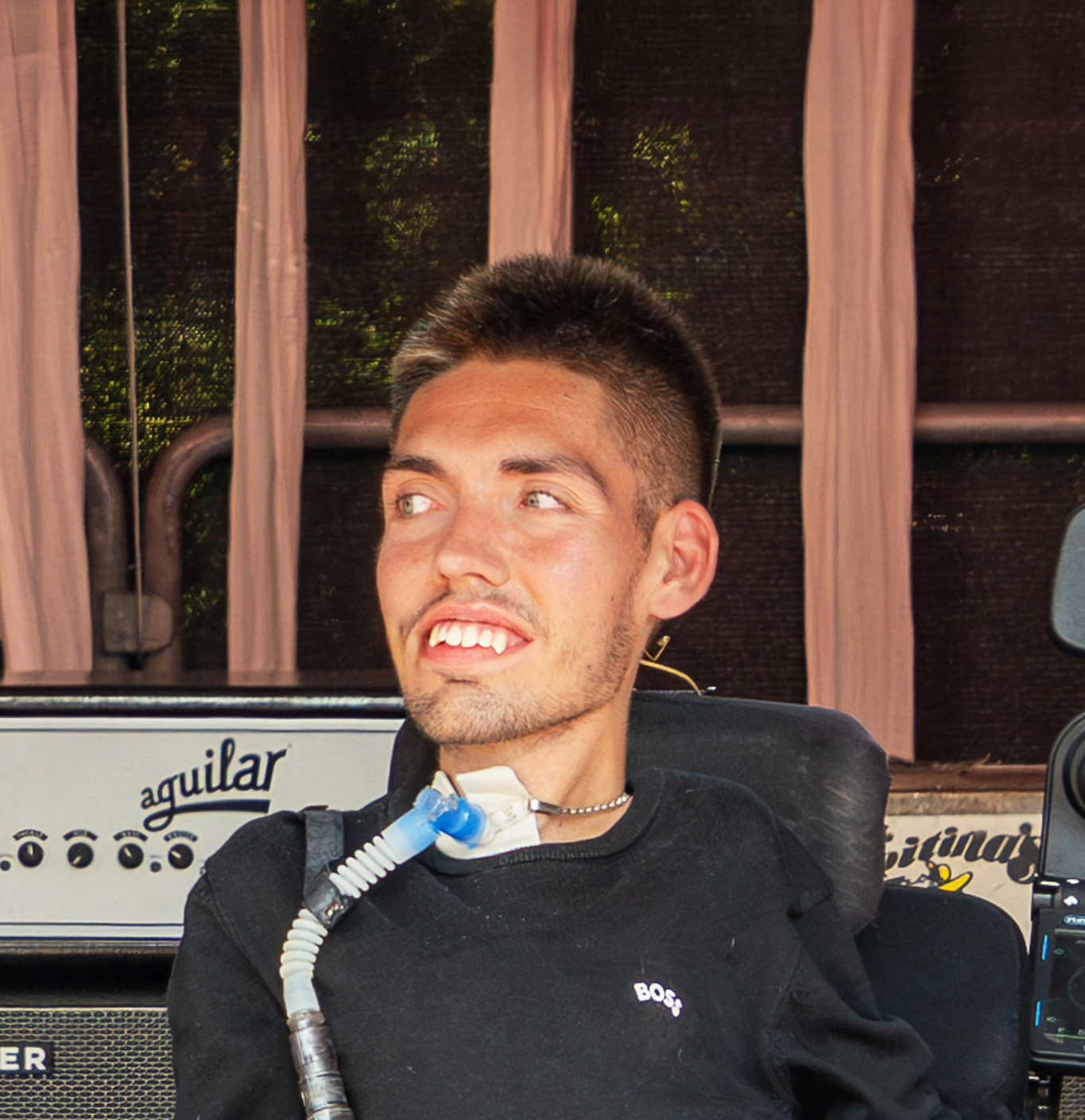
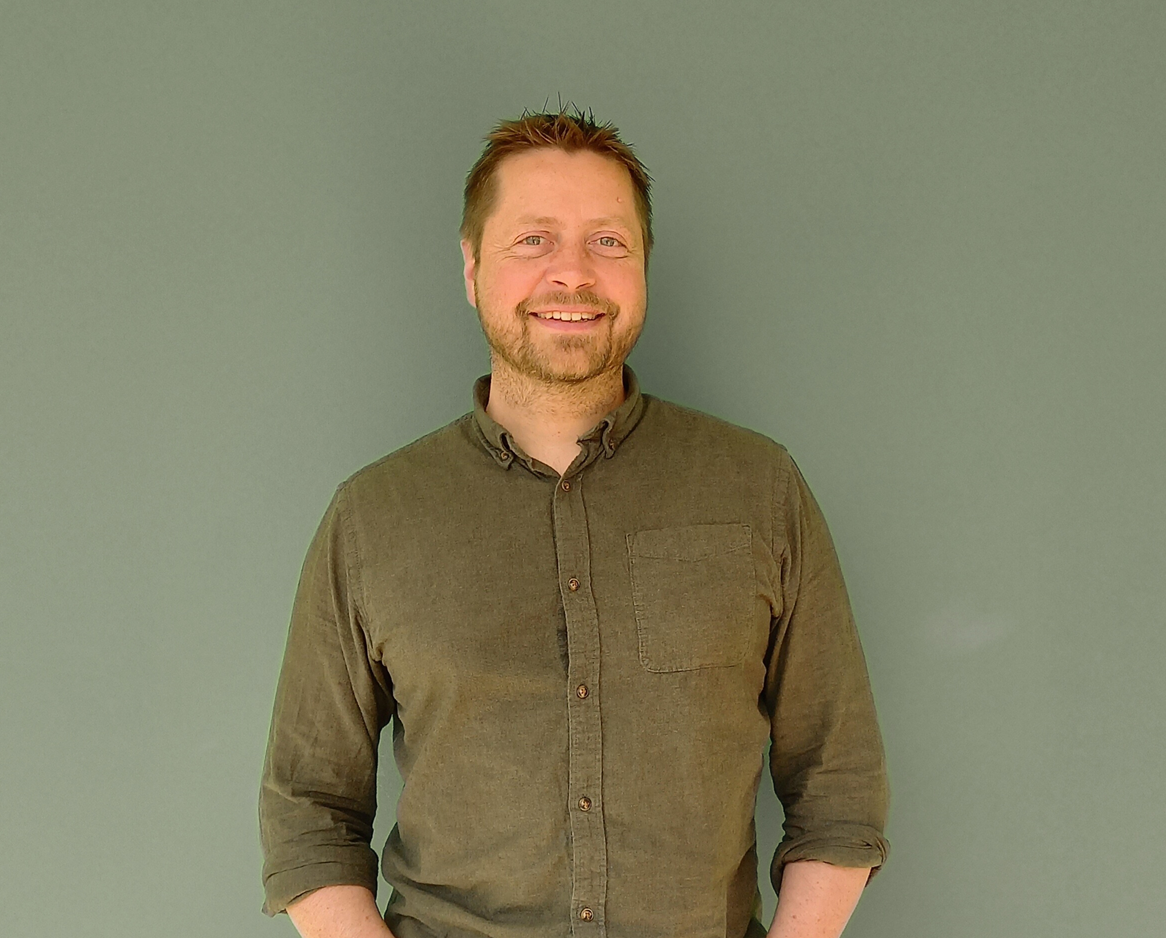



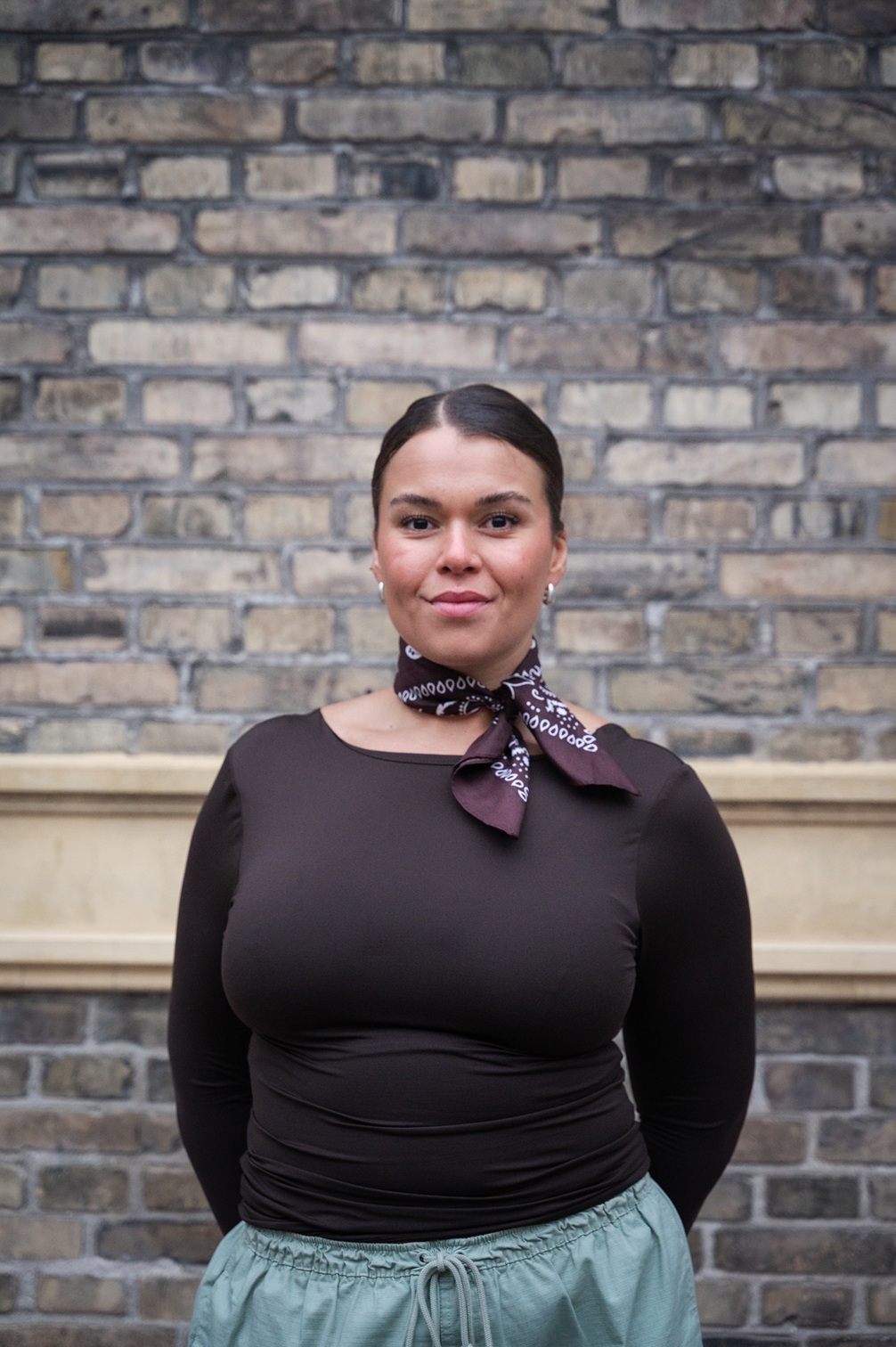


-61.jpg)